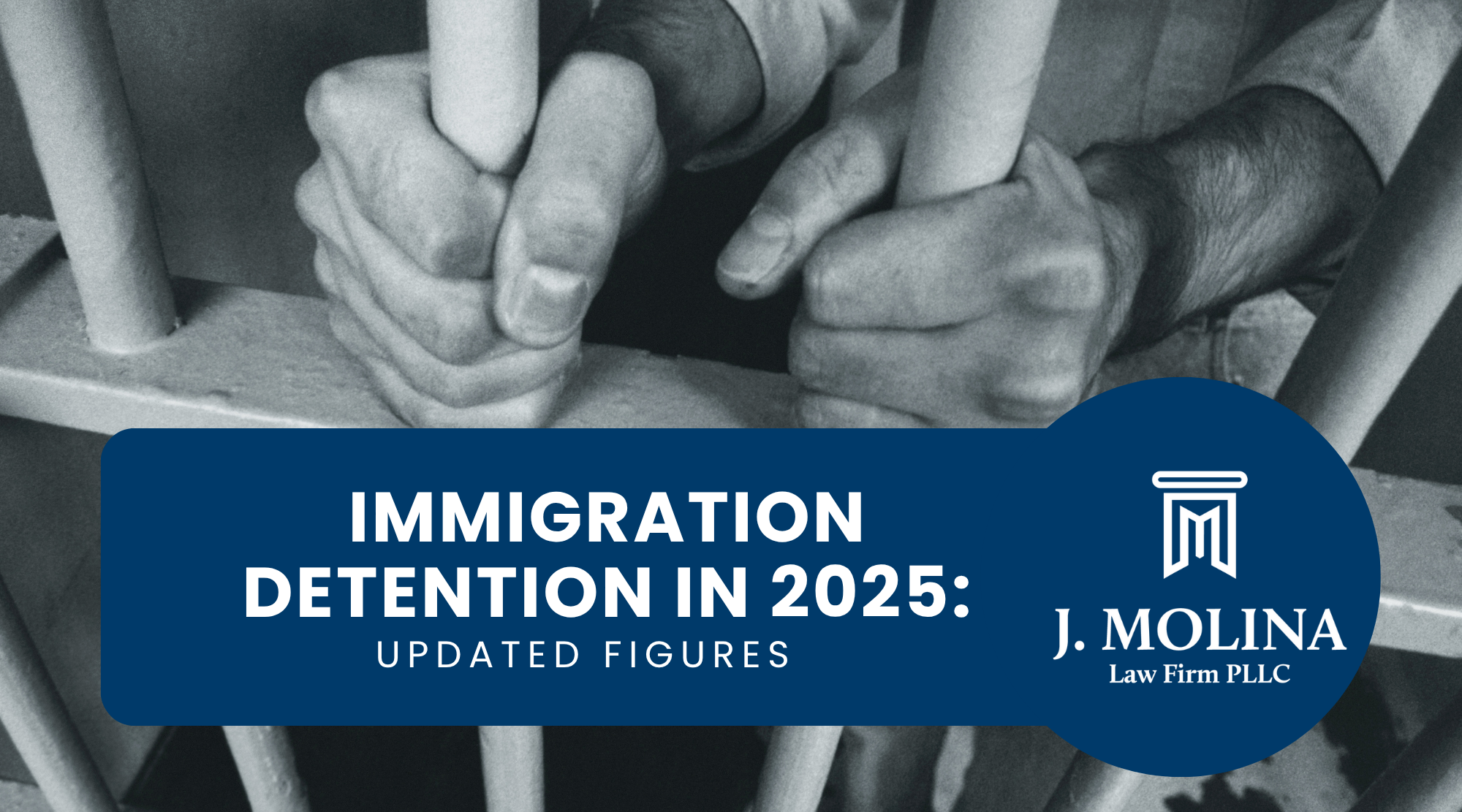Becoming a permanent resident in the United States is a great accomplishment. It gives you numerous opportunities and gives you peace of mind about living in the country on a permanent basis.
However, as you become a legal permanent resident, it’s important that you understand all the rights and responsibilities that come with it.
Your rights as a legal permanent resident
Acquiring this status allows you to enjoy a lot of benefits and perform many activities in the U.S, some of your rights are:
Live permanently in the United States
By definition, a permanent resident is someone who lives permanently in the country. When you become a green card holder, you can stay in the United States indefinitely and do not need to leave the country.
You can leave and travel abroad if you want to and will be able to exit and enter the country as long as you maintain your place of residence in the U.S.
Work at any legal work of your qualification
Your permanent resident card allows you to obtain a professional license that will allow you to work in any field that you want and apply to any other job you might be interested in, except for a few that are limited to U.S. citizens.
Be protected by all laws in the United States
As someone legally living permanently in the United States, you are granted protection under the laws of the United States and all local jurisdictions. Green card holders maintain rights as given by the Constitution, including due process of law and equal protection under the law.
Become eligible for government benefits
As you work and pay taxes in the U.S, you also become eligible for some government benefits. For example, after being a green card holder for five years, you can request Supplemental Security Income (SSI), Temporary Assistance for Needy Families (TANF), full Medicaid, and the Children’s Health Insurance Program (CHIP).
From the moment you become a legal permanent resident, you also become eligible for the Supplemental Nutrition Assistance Program (SNAP), Federally Funded Public Housing, and Social Security benefits.
Petition family members
Once you become a green card-holder, you can enjoy the benefit of petitioning certain family members living in your home country so they can join you in the United States and become permanent residents too.
Responsibilities of green card-holders
On the other hand, as a legal permanent resident, you must make sure you fulfill all your responsibilities and have good moral character. Your obligations are:
Obey all laws of the United States
If you enjoy protection from all laws in the United States, then you certainly should obey all of them. Legal permanent residents can face charges and fines if they do not follow, local, state, or federal laws.
File income tax returns
Green card holders must report their income to the U.S.Internal Revenue Service and state taxing authorities.
Support the democratic form of government
Legal permanent residents are not required to vote, but you should know how the democratic form of government works and comply with requirements such as the registration with the Selective Service if you are a man between 18 and 26.
Renew your permanent resident card
Although you are granted “permanent” status, your green card has an expiration date of 10 years (unless you are a conditional resident) and you must start your renewal process once you come close to that date. If your green card expired, you could experience many inconveniences.
Can you lose your permanent residency?
Although you are indeed granted permanent residency status, there are certain scenarios in which you may lose it. If any of these occur, you still have the chance to defend yourself in court, but it’s best to just avoid and prevent these from happening.
Staying outside the United States for too long
Leaving the country for a period longer than 12 months can trigger suspicions regarding the “abandonment” of your place of residence in the U.S. and prevent you from re-entering.
Shorter, but frequent trips out of the country can also be considered as “abandonment” by the Customs and Border Protection.
Perhaps your intention is not leaving the country when you make such a long trip and have a family emergency or any other similar situation, but your absence could be interpreted with a different intention.
If you need to make a trip for a time that surpasses 12 months, apply for a re-entry permit. This will allow you to stay outside the country for up to 24 months without losing your permanent residency.
Being convicted of a crime
There are certain crimes of offenses that could strip you of your permanent resident status. These are known as “deportable offenses” and include aggravated crimes such as:
- Involving yourself in moral turpitude within your first 5 years in the U.S.
- Being convicted of an aggravated felony after you’ve entered the U.S.
- Being in possession of illegal drugs.
Failing to remove conditions from your status
If you obtained your green card through marriage or you are a foreign national investor and received a two-year “conditional resident card”, you must file a petition to remove the conditions 90 days before it expires.
If you do not follow this process, you will be deported from the U.S. and will lose your permanent resident status.



